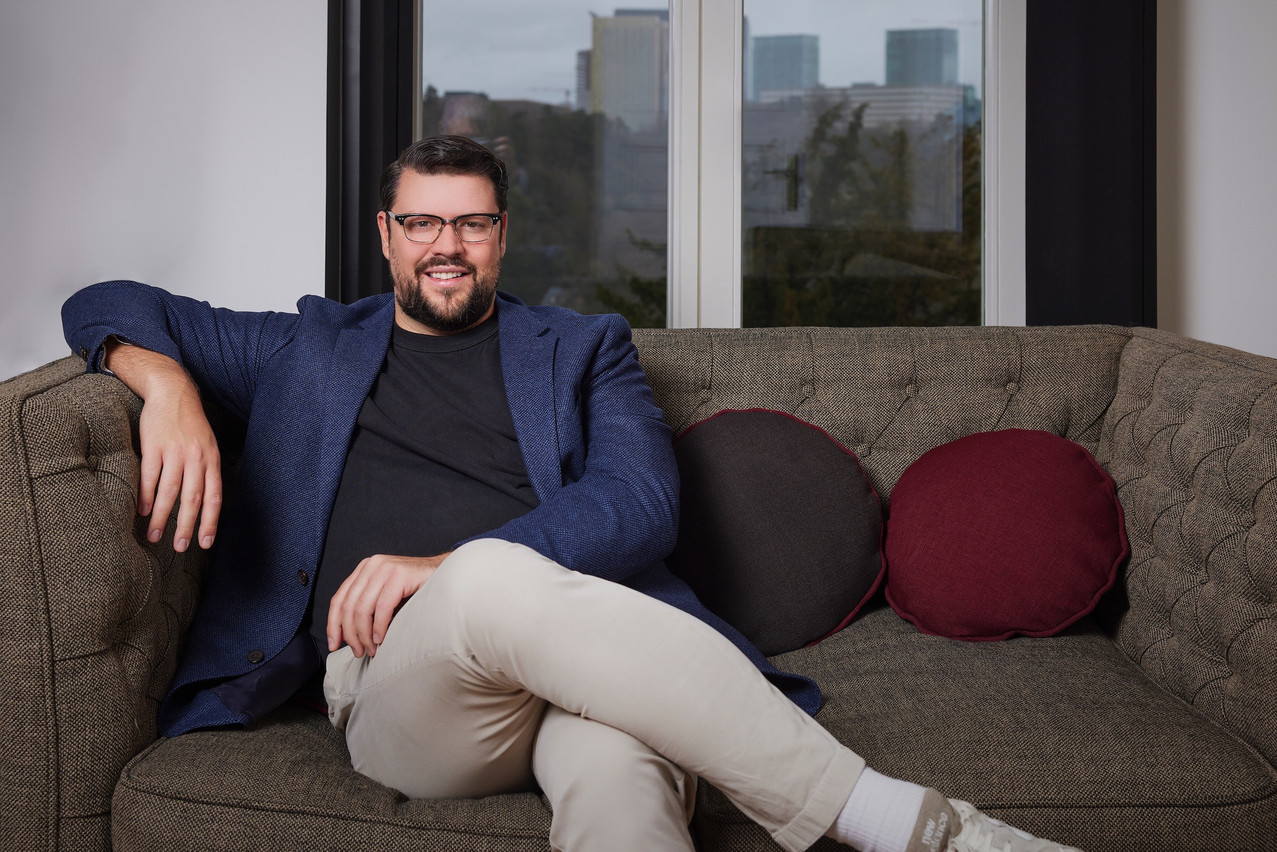“Before we went to the notary, we didn’t have a name yet. So we met in Luxembourg City in a pub to brainstorm. After a few drinks I asked Alain what the name of his grandmother was, and he said his one grandmother was called ‘Ilavska’, and I said mine is called ‘Vuillermoz’…”
This is how cofounders Laurent Hengesch and Alain Wildanger--who met each other on a bus in Tehran--landed on the name for their fund: Ilavska Vuillermoz Capital. The name began as a joke, says Hengesch, but it has stuck. And more than three years later the fund has a team of seven, more than 20 portfolio companies, and offices in Luxembourg and Prague.
What are you looking for in a portfolio company?
“Later stage investors,” says Hengesch in answer to this question. Of the fund’s portfolio, only 10% are early stage startups. “We are mainly looking for European companies that have a strong management team, need money to grow, are close to profitability and already have substantial recurrent revenues.”
The majority of the investments are in the fintech sphere, Hengesch continues, with a recent focus being more on lending within the fintech portfolio--though Ilavska Vuillermoz also does club deals, which can be more varied. A recent example is the fund’s investment in Vly, a vegan milk company in Berlin.
What’s your biggest challenge this year as a VC firm?
“Fundraising,” comes a quick response. The managing partner points out the current volatility in the markets, explaining that VC investors have had an overexposure in private markets following the crash of the public markets. Thus, they haven’t been allocating as much money into private equity. “That dry powder is not invested,” comments Hengesch.
Meanwhile, he continues, those who cashed out in 2021 and 2022 in private equity have mostly reinvested with very large firms, “instead of with younger players or emerging managers like us (although, statistically speaking, younger fund managers have a better performance than the large players).”
“We’re lucky that our portfolio companies are super stable,” he adds, “despite [the fact they also have] difficulties fundraising. [They] raised enough cash in the years before.”
Beyond fundraising, Ilavska Vuillermoz’s biggest challenge for 2023 will be finding “good people” to expand the team and the business.
Biggest opportunity of 2023?
“The biggest opportunity of the year is to buy cheap,” says Hengesch, foreseeing that some companies on the market will need to raise money quickly which would allow the VC firm to get in at lower valuations.
What would you want the general public to know about VC?
“Especially the public in Luxembourg reading Delano should be aware that most people [in the grand duchy] have the majority of their net worth in Luxembourgish real estate,” he says. With rising inflation and interest rates, he continues, along with the Ukraine war and supply chain issues in China, “real estate is a dangerous asset class in the future.”
A way to mitigate the risk, he says, is to mix private equity and venture capital into your portfolio. “[These are] interesting to mix into every more traditional portfolio, especially for Luxembourgers because [they don’t have] such a great exposure in general to private markets.”
Three notable portfolio companies?
—N26, a mobile bank whose vision is to change how people manage their money; “a fantastic product that a lot of Luxembourgers use as a digital bank,” says Hengesch
—Teylor, a fintech that automates the SME lending process
—9fin, whose AI-powered platform aims to centralise everything needed for actors in debt capital markets
This article was updated with a correction on Friday 24 March at 14:20. Hengesch and Wildanger met on a bus in Tehran, not Thailand.
